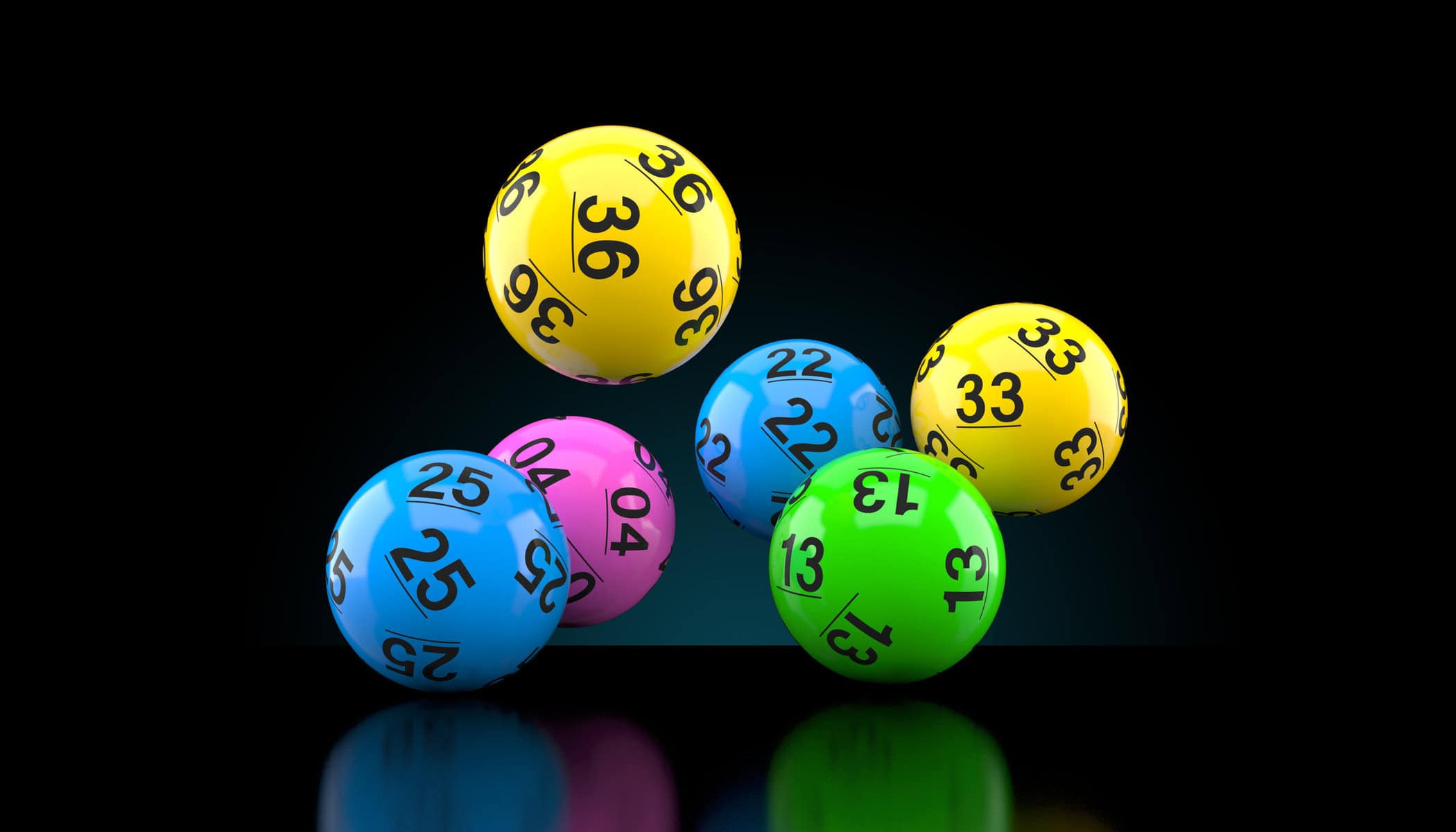The lottery has long captured the imagination of millions around the world, transforming lives with a single draw. Whether it’s the scratch-off tickets purchased at convenience stores or the multi-million dollar jackpots of national lotteries, the anticipation leading up to a lottery draw is palpable live draw cambodia. This article delves into the various aspects of lottery draws, exploring their origins, mechanics, societal impacts, and the dreams they inspire.
A Brief History of Lottery
The concept of lotteries dates back to ancient times, with early forms found in China during the Han Dynasty (206 BC – 220 AD), where it was believed to have helped finance major government projects, including the Great Wall. The modern lottery as we know it began to take shape in the 15th century in Europe, with various towns holding public lotteries to raise funds for local needs. The first recorded lottery to offer cash prizes took place in Florence, Italy, in 1530.
By the 19th century, lotteries had gained widespread popularity in the United States, often serving as a means to fund public infrastructure and educational initiatives. However, they also faced opposition and criticism for being associated with gambling and corruption, leading to a rollercoaster of legal changes that shaped their evolution.
How Lottery Draws Work
At its core, a lottery draw is a game of chance, designed to randomly select winners from a pool of participants. While the specifics may vary by region and game type, the general process involves:
- Ticket Purchase: Players buy tickets, often selecting numbers or opting for a quick pick (randomly generated numbers).
- Drawing Process: Depending on the lottery, draws can be conducted through various methods, including mechanical ball machines or electronic random number generators. The latter has gained popularity for its speed and transparency.
- Winning Criteria: Most lotteries offer multiple prize tiers. For instance, a player might win a small prize for matching a few numbers and a jackpot for matching all. The odds of winning can vary significantly based on the game’s structure and the total number of tickets sold.
- Announcement of Results: Lottery draws are typically broadcasted live or published through various media channels, ensuring transparency and public engagement.
The Impact of Lottery Draws on Society
Lottery draws have a multifaceted impact on society. On one hand, they generate substantial revenue for governments, which often allocate a significant portion of funds to education, healthcare, and infrastructure projects. For example, in the United States, state lotteries contributed over $25 billion to public education in recent years.
On the flip side, lotteries can also be controversial. Critics argue that they disproportionately affect lower-income individuals who may spend a larger portion of their income on tickets, viewing it as a potential escape from their financial struggles. This concern raises ethical questions about the role of government in promoting such games of chance.
The Dreams and Stories Behind the Numbers
Beyond the mechanics and economics, the allure of a lottery draw lies in the dreams it inspires. Each ticket represents a potential life-changing moment—imagine winning a life-altering sum that allows one to pay off debts, travel the world, or give back to the community. Stories of winners often flood the media, showcasing how newfound wealth can lead to both triumph and tragedy.
From the individual who turns their luck into a philanthropic venture to the cautionary tales of those who squander their winnings, the narratives surrounding lottery draws serve as powerful reminders of the unpredictability of life.
